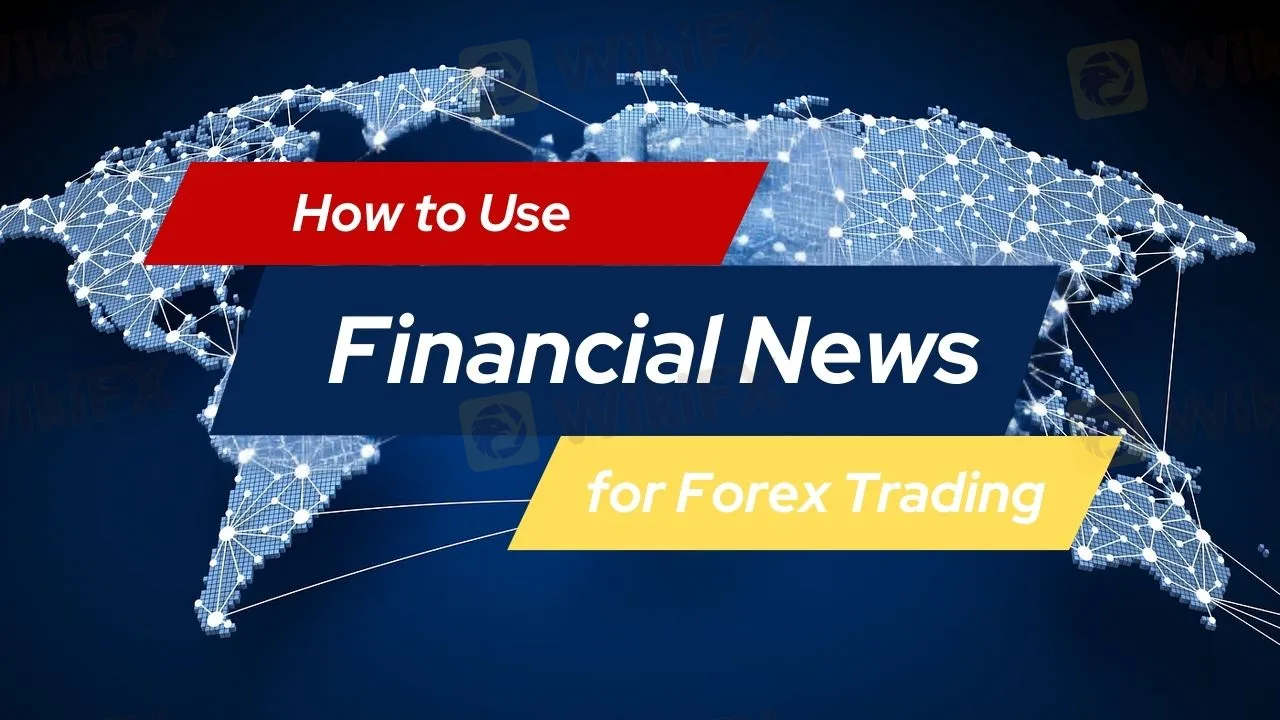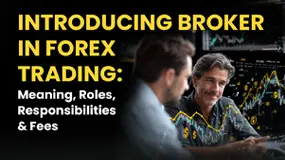Abstract:How does financial news shape forex trading decisions and reveal opportunities in the ever-evolving global economy?

The forex market is a highly sensitive and complex financial ecosystem that responds quickly to global economic, political, and social developments. Unlike the stock market, forex trading is primarily driven by macroeconomic news, allowing traders to interpret data and events to predict currency movements and trends.
Direct Impact of Financial News on Currencies
The forex market heavily relies on global economic data and central bank policies. Here are key types of news and data affecting forex trading:
- Central Bank Policy Statements: Central banks like the Federal Reserve, European Central Bank, and Bank of Japan play a critical role in forex trading. Policy announcements, such as interest rate decisions or economic outlooks, directly impact market confidence in a currency. Hawkish policies (favoring rate hikes) often strengthen the currency, while dovish policies (favoring rate cuts) may weaken it.
- GDP Data: Gross Domestic Product (GDP) measures economic growth. Countries with higher GDP growth rates typically see increased investor demand for their currency.
- Employment Data: U.S. Non-Farm Payroll (NFP) data, released monthly, is one of the most closely watched indicators. It reflects labor market health and shapes overall market confidence in the economy.
- Employment Data: U.S. Non-Farm Payroll (NFP) data, released monthly, is one of the most closely watched indicators. It reflects labor market health and shapes overall market confidence in the economy.
- Inflation Rate: Inflation data is a critical factor in central bank decision-making. High inflation often leads to tighter monetary policies, strengthening the currency, while low inflation may prompt easing policies, weakening it.
- Trade Data: Trade surpluses and deficits are important indicators in forex markets. Surpluses typically increase demand for a currency, while deficits may weaken it.
How Market Sentiment Drives Forex Fluctuations
In addition to macroeconomic data, market sentiment plays a crucial role in forex trading. Sentiment is often influenced by geopolitical events and global financial conditions. During risk-averse periods, funds typically flow into safe-haven assets like the U.S. dollar, Japanese yen, and Swiss franc. In contrast, risk-on periods see investors favor high-yielding currencies such as the Australian and New Zealand dollars.
Indirect Impact of Commodity Prices on Forex
Commodity currencies (like CAD, AUD, and NZD) are closely tied to fluctuations in specific commodity prices. These currencies often originate from resource-exporting nations, and their value is directly influenced by raw material price changes:
- CAD: Linked to oil and metal prices, as Canada is a major energy exporter.
- AUD: Closely tied to the prices of iron ore, coal, and other commodities.
- NZD: Associated with dairy exports, as New Zealand is a leading global supplier.
How to Effectively Use Financial News in Forex Trading
Stay Informed About Key News Schedules: Economic data releases, such as central bank meetings and NFP reports, are usually scheduled in advance.
Combine with Technical Analysis: Use technical indicators post-news release to identify trading opportunities.
Monitor Commodity Price Trends: Focus on supply-demand changes and seasonal fluctuations, especially for commodity currencies.
Conclusion
Financial news is a core driver in forex trading. From macroeconomic data to market sentiment and commodity price changes, news constantly shapes market dynamics. By leveraging news data alongside technical analysis and market insights, traders can identify more opportunities in volatile markets. However, discipline and risk management remain the cornerstones of successful trading.








